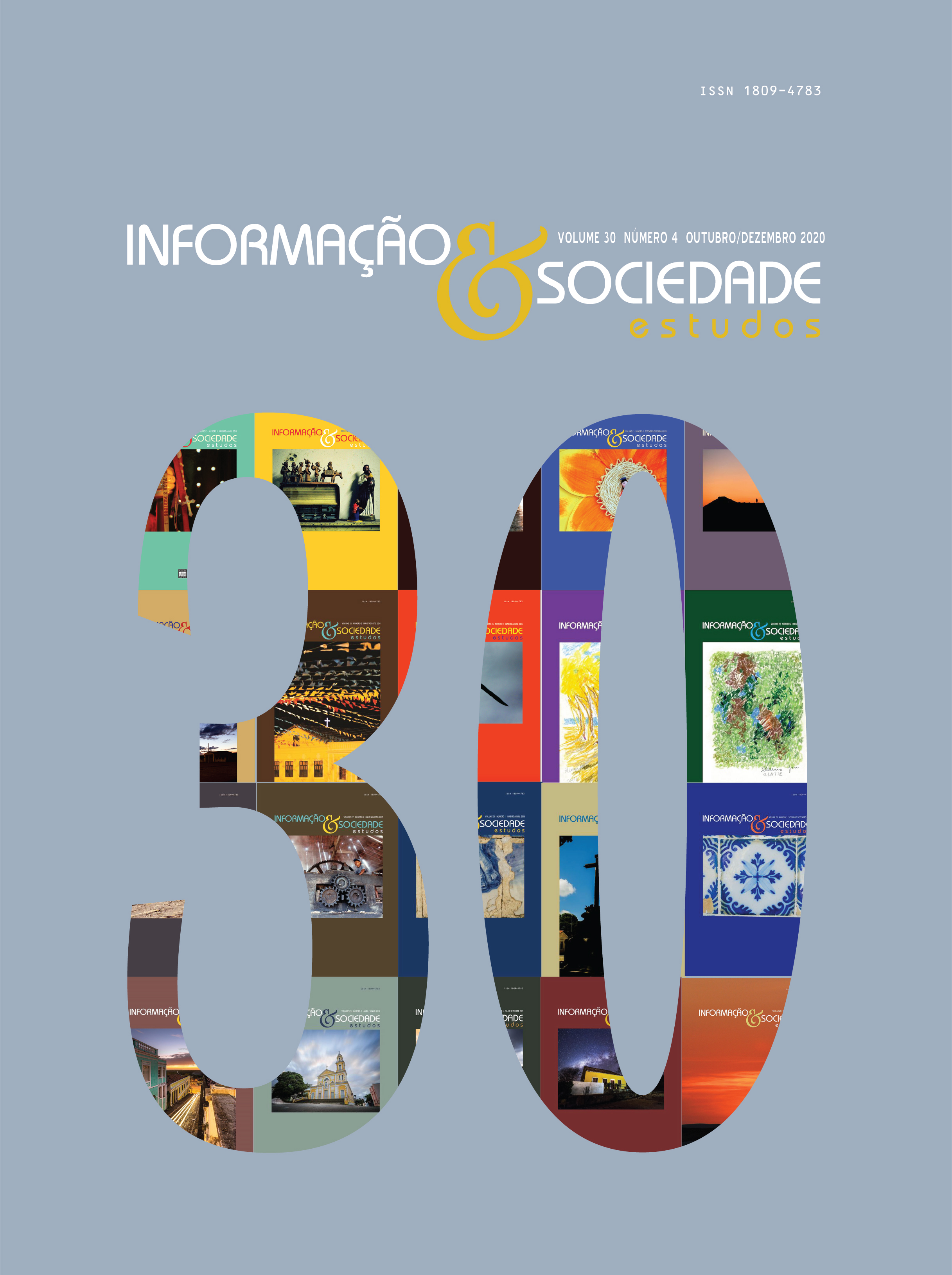Culture, Education and Information: a discursive historical approach in the brazilian context
DOI:
https://doi.org/10.22478/ufpb.1809-4783.2020v30n4.57206Abstract
The article deals with the relationship between culture, education and information in Brazil, recovering some discursive axes on these concepts, formulated since the end of the 19th century and throughout the 20th century. It takes up discourses that related culture, at the end of the 19th century, to national identity and to national and popular identity. From the 1920s onwards, the attempts to discover Brazil were oriented towards a discursive definition of the Brazilian national character and a broad cultural project towards modernity in the country. In the 1940s and 1950s the discourses referring to the modernization of the country acquired a scientific instrumental and pragmatic character with the approximation of ideas of culture and education. In the early 1960s, counter discourses born from cultural and educational movements were elaborated to generate awareness and mobilization of popular groups. With the military coup of 1964 and the authoritarian regime that followed, culture and education will have differentiated political and technical treatments, forming their own specific spheres subject to state policies. At the same time, it was the time to formulate policies for economic modernization and to shape a market for cultural goods promoted by the cultural industry that was establishing itself in the country. An information culture of worldwide extension was beginning to emerge.
Keywords: Culture and education. Brazilian culture. Mass culture. Information culture.
Downloads
Metrics
Published
How to Cite
Issue
Section
License
Os originais aceitos e publicados tornam-se propriedade de INFORMAÇÃO & SOCIEDADE, sendo vedada sua reprodução total ou parcial, sem a devida autorização da Comissão Editorial, exceto para uso de estudo e pesquisa.






